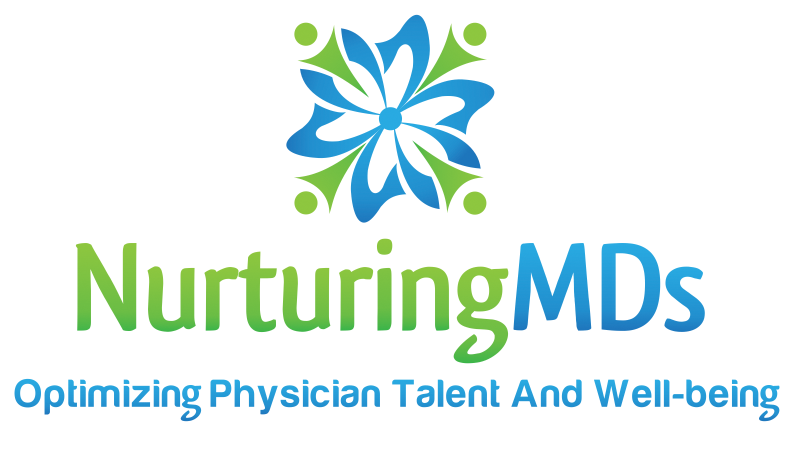Medicine was my path. I’d decided that early in life before I knew what a career in medicine really looked like. I believed as a doctor I could help people and have a positive impact in their lives. After all what does a teenager really know about being a doctor.
I’m not a teenager anymore. In fact, here I am at 3 o’clock in the morning in the Neonatal Intensive Care Unit (NICU) at the bedside of a critically ill neonate, waiting. And the weight on my shoulders is unbearable.
The medical interventions are in progress. There’s only one thing left to do. Make the call. It’s the call that I know every parent in the NICU hopes they never receive. The ring of the phone will pierce the silence of what was supposed to be a good night. It will pierce through their hearts in a way that few will ever know, leaving a void and numbness that only time can dampen. The ring of the telephone will rob them of all sense of peace and thrust them into the fight of their life.
It’s a fight of untold and unchallenged faith. It’s a going to be a fight to believe especially when every word I tell them is to the contrary. It’s a battle of wills. Will he or won’t he make it? Will she or won’t she survive?
And I was the opponent. I was the one to throw the first blow. I was the one to cause this disruption.
And so we wait. We wait for some sign that the interventions are working. We wait to see if their prayers, our prayers are answered. We wait for the ultimate decision to reveal itself.
I’ve been in this place many times. It’s the place where the angst is so deep I feel it in the pit of my stomach. It’s so deep that I have to remind myself to breathe.It’s part of medicine. It’s part of life in the Neonatal Intensive Care Unit. It’s part of living on the cusp of viability. And it’s the place where I struggle most. If only I was struggling with knowledge. I could pick up a textbook or in the modern world, search online and the answers would be at my fingertips.
But what do I search that will fill the void and sense of powerlessness that the parents feel, that the team feel, and that I too feel when our patient in the NICU takes a turn for the worse, clinically deteriorates, and despite of all available medical interventions, dies. The tug of war rages on. On the one side there’s the desire to help parents when they are at their most vulnerable. On the other side there’s the role we play in their trauma. It’s a fine balance between delivering information that is honest while trying not to completely destroy and stamp out all hope the parents are holding onto.
How do I reconcile the pain I see on their faces when they arrive weary at the bedside to sit and wait? How do I reconcile my own so that I can keep going, see the next patient and update the next family without making them aware of the burden of life in the NICU.
This wasn’t what I bargained for when I dreamed of a becoming a doctor. Medical school was challenging with the volume of material to master and the anxiety and pressure of exams looming overhead. Residency and fellowship had such long hours that sometimes I didn’t remember whether I was at home or in the call room as I was aroused from sleep. I had seen pediatric patients, newborns and children die. The impact of being on the front line and walking this journey with the family was completely different. Medical school didn’t fully prepare me for this. I’m not sure that it could. It’s something you have to experience and find a way to make sense of it.
I walked this journey alone.
As I looked to mentors for guidance they offered compassion, detachment, and compartmentalization. While that worked for some time, it didn’t seem to silence the whisper that was getting louder and louder each time I found myself at a baby’s bedside in the early morning hours, making the phone call to their mother and father. There had to be something more to offer than the medical updates and reassurance that they will be updated regularly. They wanted more. They wanted a reassurance that I could not offer just in case their baby didn’t make it. I wanted and maybe even needed them to be prepared for every case scenario, even the worse case. Hopefully it would not come to that.
When you live on the cusp of life and death as we do in the NICU and in medicine, there are times when the fear of death is over powering and outweighs all thoughts of life. It feels as if you are hoping and praying for life while vigorously and aggressively battling with death. You watch the heart rate. You monitor the respirations. You check the blood pressure for any sign of response, improvement, and reassurance that the next minutes and hours will bring something better.
In the battlefield, you grow weary. You arm yourself against the enemy. After so many battles you have to find a way to shield yourself from the trauma. You have to put on your armor. All doctors do in our own way. The armor carries a weight of its own. It is the weight of frustration when expectations are unmet. It is the weight of disconnection when communication breaks down. It is the weight of isolation when fear and doubt take over.
Living on the cusp of life and death means acknowledging that there is a physical, mental, and emotional exhaustion inherent in caring for critically ill patients who require constant interventions and assessments by the nurses and doctors doing 12 or 24-hour shifts. The impact of living on the cusp of life and death doesn’t end when you leave the hospital and reenter your life. There’s no switch to turn on and off.
It showed up in my day with my family as I wondered how the patient was doing and then resisted the urge to call the unit to find out. I’d force myself to focus on my life and wasn’t always successful at that. It made its way back into my life as I prepare for work the night before wondering what awaits me as I crossed back through the NICU doors. It would invade my sleep and make for a restless night.
How long could I survive living on the cusp of life and death? What is the toll of restless nights? What is the price of the gut wrenching visceral response each time the pager goes off or the telephone rings?
My search for answers began. In my search I stumbled into life coaching. I think of it as Divine Intervention. Embracing life coaching was the sharp right turn that I was looking for to put me back onto my path. It gave me the direction I needed. It gave me the skills and connection I needed to release the struggle, the isolation, the pain, and even the disillusionment I’d come to associate with medicine. It opened the door to re-engage not just with medicine, but also with people. After all that is what medicine is all about.
Serving. Helping. Healing people.



